Emilija Veljkovic, scientist at Philip Morris – Results are made with hard work and a little luck
 Monday, 24.04.2017.
Monday, 24.04.2017.
 15:06
15:06
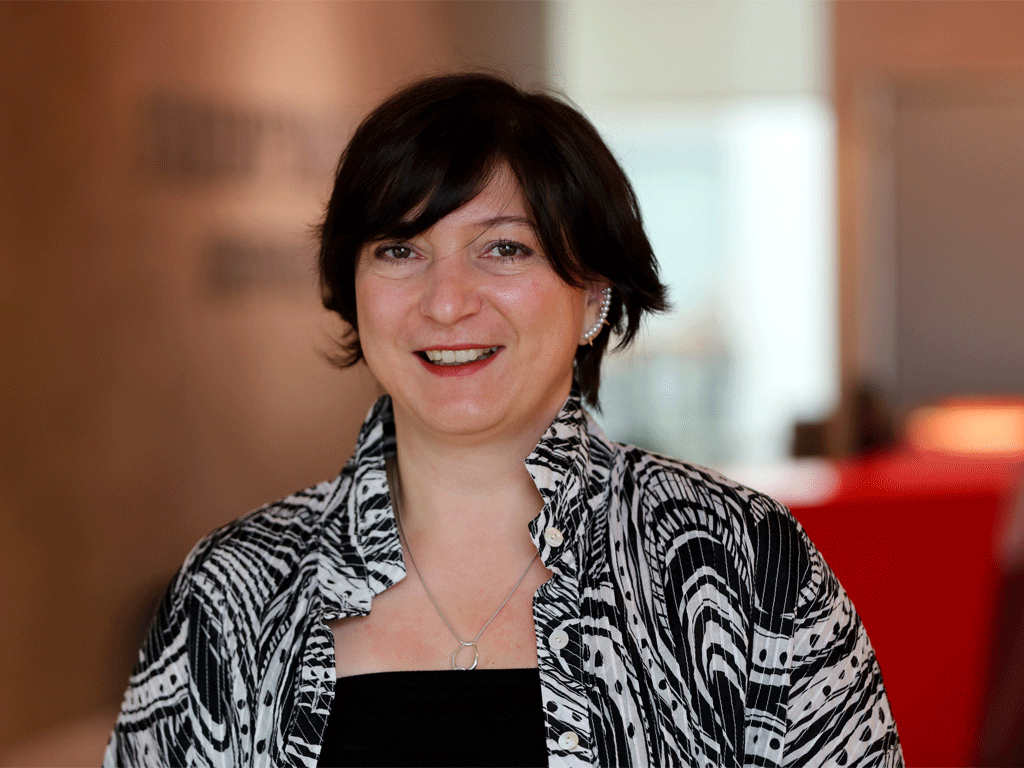
She came to Belgrade for the purpose of launching IQOS, a revolutionary new way of consuming tobacco and a potentially less harmful alternative to cigarettes, the creation of which she took part in.
Before her return to Singapore, we had the honor of talking to this great scientist, who shed some light on industrial scientific research for eKapija's readers, explaining why it is necessary for everyone to follow their inner path and how extraordinary results require, in addition to extremely hard work, a little luck as well.
eKapija: You took part in creating IQOS. What are its main characteristics?
– The main characteristic is that the tobacco used with IQOS is consumed at a much lower temperature than in a conventional cigarette. In standard cigarettes, lighting the tip can produce temperatures of up to 1,000 degrees while inhaling the smoke. The tobacco burns at such high temperatures, leading to the formation of harmful substances. With IQOS, there's no burning, but merely heating up to around 300 degrees, whereby harmful substances are formed to a considerably smaller degree. We've conducted numerous studies and tests which have shown a reduction of 95% in the amount of harmful and potentially harmful substances, while keeping the same level of nicotine as in conventional cigarettes, as well as the true taste of tobacco, bringing pleasure to the consumer. Certain negative elements are also eliminated, such as smoke, ash, the unpleasant smell...
eKapija: How long have you worked on the product?
– The study on the impact of heating tobacco on the amount of harmful matters produced has been going on for over 20 years. There have been similar products before, but they failed to establish themselves. Our company is aware that cigarettes are harmful to human health. With that in mind, we are obliged to dedicate ourselves to the problem seriously and to come up with products potentially less harmful to human health, while at the same time presenting an alternative satisfactory to the customers. Our team consists of around 400 scientists and we work in Neuchatel in Switzerland and Singapore. The team is quite varied and consists of molecular biologists, physicists, chemists, engineers...
eKapija: What is your part in the project?
– The team of scientists I lead, located in Singapore, is constantly performing tests with conventional cigarettes, but also with alternative products, comparing the levels of toxicity and their impact on the development of diseases the development of which is contributed to by smoking. We are conducting very complex studies in the field. My job is to contribute to the development of short-term and long-term research strategies and to create conditions for the realization of the project. Of course, the results are published in scientific publications, textbooks and encyclopedias and we are open to the scientific community, which is our number one priority.
eKapija: How did your cooperation with Philip Morris start?
– I arrived to Philip Morris from the University of Zurich, where I was preparing my doctoral and, later, post-doctoral dissertation, financed by Philip Morris. That's when I met scientist from the company, some of which later played a key role in my career. After I acquired my post-doctoral degree after three years, I continued working in the company. In addition to IQOS, we are working on developing several other alternative products. My team has a lot of work ahead of it, requiring an increase in capacities as well.
eKapija: Is it usual for scientist to work in the economic sector? How does working in a scientific community differ from working in a certain industry?
– There's a great difference between working in an academic environment and in the industry. Basic research is usually conducted in the academic environment, whereas, in the private sector, it can be applied too. Both worlds have their challenges and both sectors have their qualities and shortcomings. One of the biggest challenges in the academic environment is financing scientific projects. There are no such challenges in companies, but changes in research strategies are frequent, leading to a change of priorities. In other words, even the most important projects become less significant or are abandoned altogether, no matter how much work has been put into them. Of course, strict adherence to deadlines, efficiency and quality are of fundamental importance.
eKapija: What would you recommend to young people?

eKapija: How do you spend your free time?
– It takes a lot of time to establish a friendship, but I have my circle of friends in both Singapore and Neuchatel in Switzerland. Singapore is a dynamic city offering a range of cultural events – theater plays, operas, ballet... As my father's life-long hobby has been painting (he's a judge by profession), we would take family trips to Belgrade even before I left Uzice to study, in order to see exhibits within the October Salon or at the Singidunum gallery, or at least visit the Museum of Contemporary Art or the National Museum for the permanent display. I still do this. I often visit galleries, of which there are lots in Singapore. I especially like to visit the Affordable Art Fair, held twice a year, exhibiting works by Asian gallerists and artists. I mostly look and enjoy the art, and sometimes I buy something as well...
eKapija: What do you miss from Uzice and Serbia on the whole?
– People dear to me.
Marija Kambic
 Philip Morris services d.o.o. Beograd
Philip Morris services d.o.o. Beograd
Most Important News
07.05.2024. | IT, Telecommunications
Biggest Angular conference in the region – NG Belgrade Conf 2024
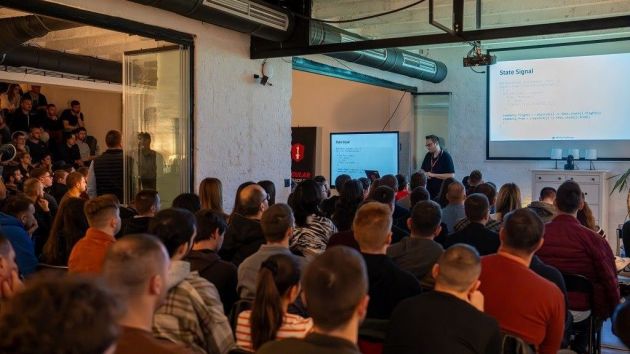
06.05.2024. | Healthcare
Medical doctors and engineers from Nis design instrument which accelerates and improves efficiency of operating procedures – Negotiating with foreign companies about production
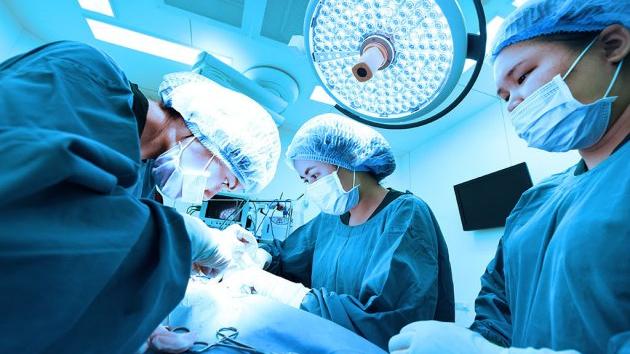
06.05.2024. | Healthcare
06.05.2024. | Construction, Tourism, Sports, Culture, Healthcare
Sijarinska Banja should soon get a new look – Project documentation for reconstruction of rehabilitation center complex being prepared
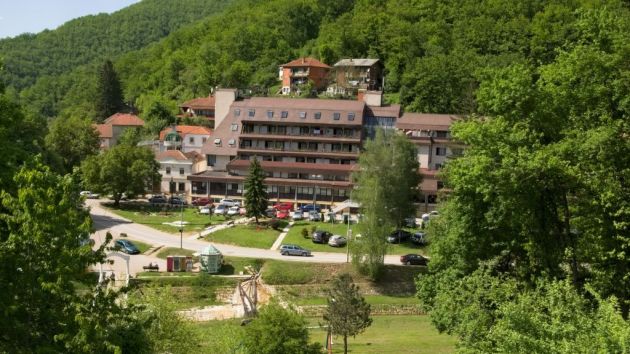
06.05.2024. | Construction, Tourism, Sports, Culture, Healthcare
19.09.2024. | Industry
Australian company to mine in Serbia – Bindi Metals acquires projects in area of former Lisa Mines and in Mutnica near Paracin

19.09.2024. | Industry
07.05.2024. | Industry, Construction
New Palfinger factory in Nis to start working in June
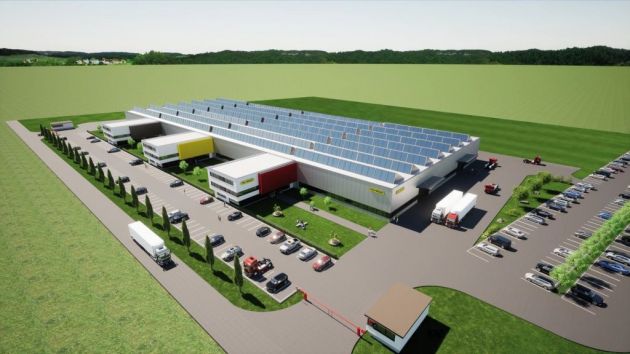
07.05.2024. | Industry, Construction
18.09.2024. | Finance
Government of Hungary adopts act on reducing waiting at border crossings with Serbia

18.09.2024. | Finance


 Izdanje Srbija
Izdanje Srbija Serbische Ausgabe
Serbische Ausgabe Izdanje BiH
Izdanje BiH Izdanje Crna Gora
Izdanje Crna Gora


 News
News






